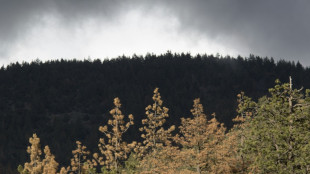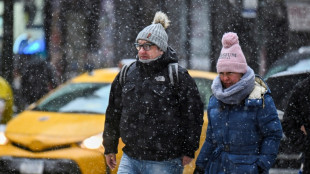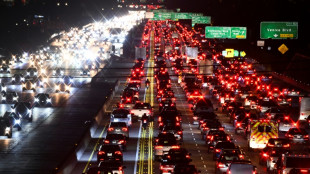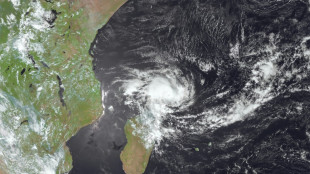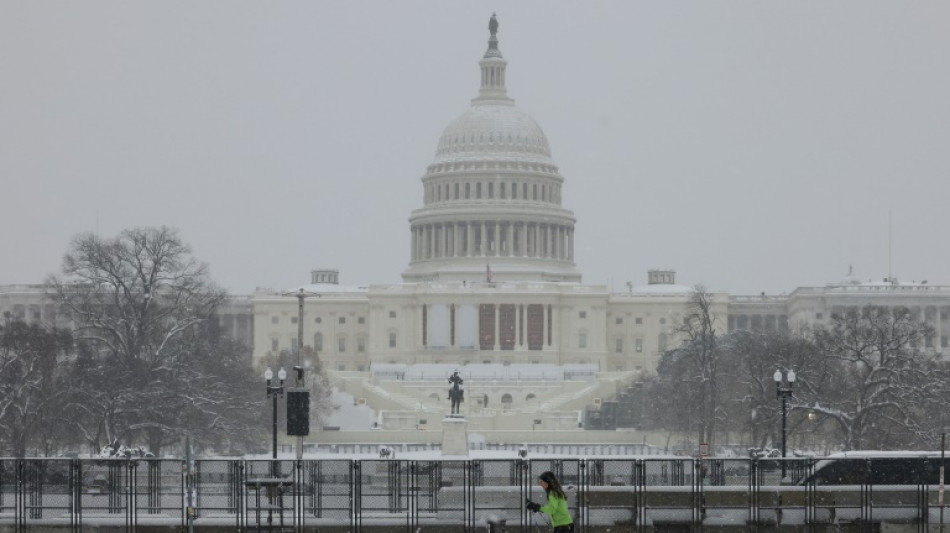

Eastern US digs in as major winter storm wreaks havoc
A massive storm system dumped heavy snow and freezing rain on large swaths of the eastern United States Monday, disrupting travel and work for millions of Americans from the Ohio Valley to the capital Washington.
Some 300,000 people were without power from Missouri to Kentucky to Virginia, while more than 1,500 flights were cancelled and hundreds delayed, according to tracking websites Poweroutage.us and FlightAware.
The National Weather Service (NWS) was predicting up to a foot of snow in Washington, where Congress was set to forge ahead with the certification of Donald Trump's election victory, four years to the day after his supporters stormed the US Capitol to try to overturn his 2020 loss.
The capital's brightly-coloured row houses and leafy streets were already capped with white early Monday as residents waded through the snow in a city which only rarely has to face such wintry conditions.
House Speaker Mike Johnson has called for "full attendance" regardless of the weather. A joint session of Congress is to convene at 1:00 pm (1800 GMT) Monday.
The storm tracked eastward after bringing blizzard conditions to states including Kansas and Missouri.
"Snow has transitioned to ice across the commonwealth, bringing power outages and more hazardous road conditions. Transportation crews are working hard to clear roads for utility crews and emergency travel," warned Kentucky Governor Andy Beshear, calling for residents to stay home.
Video posted by the Weather Channel on Sunday showed cars skidding off ice-coated highways and tractor trailers jack-knifing in Kansas.
The NWS warned thunderstorms could also impact southeastern states, potentially bringing hail and tornadoes, and that accumulations of up to a half-inch of ice in some areas -- as well as widespread tree damage from powerful wind gusts -- could lead to "prolonged power outages."
Temperatures are expected to plunge, in some places to below zero degrees Fahrenheit (minus 18 degrees Celsius), while strong wind gusts compound the dangers. The mercury could sink tens of degrees below seasonal norms down to the US Gulf Coast.
Another major concern is freezing rain and sleet. A thick coating of ice will make travel hazardous, bring down trees and topple electricity lines, authorities warned.
Conditions could prove especially perilous in Appalachia, where a deadly hurricane in late September devastated communities and ravaged multiple southeastern states including Kentucky.
The governors of Kentucky, Missouri, Virginia and Maryland have declared a state of emergency in their states, and have taken to social media to warn residents to stay home.
W.Murphy--NG
